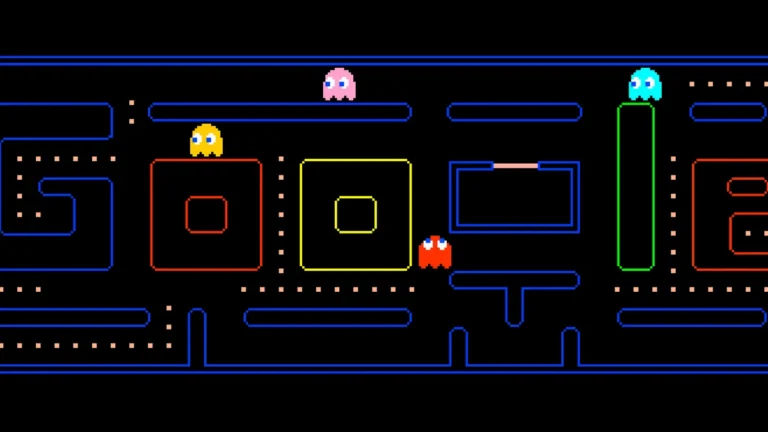The 30th anniversary of Pac-Man marks a significant milestone in the history of video gaming, celebrating three decades of a game that revolutionized the arcade industry and became a cultural icon. From its inception in the bustling streets of Tokyo to its status as a global phenomenon, Pac-Man’s journey is a testament to its enduring appeal and its impact on both the gaming community and popular culture at large. This comprehensive article delves into the origins of Pac-Man, its rise to fame, the celebrations surrounding its 30th anniversary, and its lasting legacy in the digital age.
The Origins of Pac-Man
From Concept to Arcade Classic
Pac-Man was born out of the creative mind of Toru Iwatani, a young game designer at Namco. Seeking to create a game that could appeal to both genders and bring a new level of engagement to arcades, Iwatani was inspired by the simple act of eating. The game’s design, featuring a yellow, circular character navigating through a maze while gobbling up dots and evading ghosts, was innovative for its time. Launched in 1980 in Japan and later in the United States, Pac-Man quickly diverged from the then-dominant space-themed shooters and established itself as a new kind of arcade experience.
The Rise to Fame
A Cultural Phenomenon
Pac-Man’s success was not just a product of its gameplay mechanics but also its ability to resonate with a wide audience. Its non-violent, maze-chase gameplay was a refreshing alternative to the prevalent shooter games. The character of Pac-Man, with its simple yet expressive design, became an instant hit, leading to an unprecedented level of merchandising for a video game. From T-shirts and lunch boxes to television shows and hit singles, Pac-Man’s influence extended far beyond the arcade cabinets and into the heart of pop culture.
Celebrating the 30th Anniversary
A Milestone in Gaming History
The 30th anniversary of Pac-Man in 2010 was celebrated with great fanfare, reflecting its impact on the gaming industry and its continued popularity. One of the most notable celebrations was Google’s interactive Pac-Man doodle, which temporarily replaced the search engine’s homepage logo and allowed users to play a custom version of the game directly in their web browser. This homage not only honored Pac-Man’s significant milestone but also introduced the game to a new generation of players, showcasing the timeless appeal of its gameplay.
Video game developer Namco Bandai also marked the occasion by releasing new Pac-Man games and merchandise, including a special anniversary edition that featured classic Pac-Man gameplay along with new modes and challenges. These releases were a nod to the game’s legacy, offering both nostalgia for longtime fans and a fresh take for newcomers.
Pac-Man’s Lasting Legacy
Influence on Gaming and Culture
Pac-Man’s legacy is evident in its ongoing influence in the gaming industry and popular culture. It laid the groundwork for the maze chase genre and introduced mechanics that are still emulated in games today. Its success also demonstrated the potential for video games to become a mainstream entertainment medium, paving the way for the industry’s explosive growth in the following decades.
Beyond gaming, Pac-Man’s cultural impact is unparalleled. Its iconic design and imagery have become synonymous with the golden age of arcade gaming, symbolizing the innocence and creativity of early video game design. Pac-Man has been featured in various media, including movies, music, and art, cementing its status as a cultural icon.
Conclusion
The 30th anniversary of Pac-Man served as a reminder of the game’s enduring charm and its significant role in shaping the video game industry. From its humble beginnings in a Tokyo arcade to its status as a global phenomenon, Pac-Man’s journey is a compelling story of innovation, widespread appeal, and lasting impact. As we celebrate this milestone, it’s clear that Pac-Man’s legacy will continue to be cherished by gamers and pop culture enthusiasts alike, ensuring that this iconic character will be enjoyed by generations to come. Whether through nostalgic revisits or new iterations of its classic maze-chase gameplay, Pac-Man remains a beloved symbol of the joy and imagination that video games can bring to our lives.
Read Also: Steven Piet: A Rising Star in the Entertainment Industry

